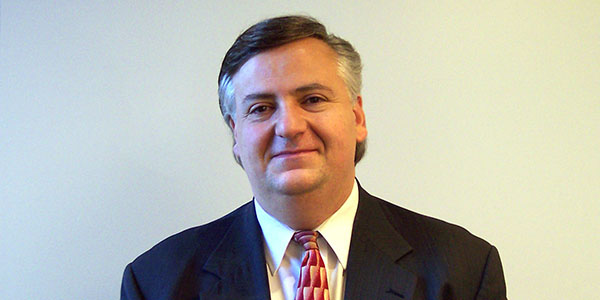
China”™s air pollution has been named the deadliest in the world. The landscape is filled with fossil fuel-burning factories. And with a growing population, the demand for more cars and more electricity is burgeoning.
To combat air pollution in China, AtmosAir Solutions has licensed its technology to a Chinese manufacturer to purify the air in Shanghai buses, subways, trains and eventually cars.
Diseases triggered by indoor and outdoor air pollution kills 656,000 Chinese citizens every year, according to a report by the World Health Organization. Roughly 2 million people die prematurely worldwide from air pollution annually.
“When I landed I was shocked to see the city hung in the fog, like here in the morning, but it”™s a fog that never lifts,” said Anthony Abate, AtmosAir vice president. “You can see the soot on the cars.”
Based in Fairfield, AtmosAir”™s purification process works by forming bipolar ”“ positive and negative ”“ air ions that seek out and break down air contaminants naturally. The process can eliminate mold, control bacteria and the spread of viruses, and reduce airborne particles and germs.
When commuting, there are many contaminants in the air. There are car emissions, dust from brakes, gases from chemicals used to make cars and gases from humans that make the air stale like ammonia, Abate said.
The company”™s technology has worked to remove mysterious odors in Carnegie Hall in New York City and help save energy at Staples Center in Los Angeles. There are many other air purifiers, but Abate said others often don”™t filter any or all gases in the air.
The technology of bipolar ionization goes back to Albert Einstein when he came up with the air purifier with a partner in Switzerland. Europe has used the technology for many years and in 2004, AtmosAir bought the technology, brought it to the United States and patented a more productive redesign. AtmosAir is also working with The Boeing Co. to develop air purifiers on commercial airplanes and its processors will be used on the new fleet of Norwegian Cruise Line ships in 2013.
Individuals have different sensitivities to air containments, but often they can cause allergic reactions or irritation, causing people to develop a dry throat, cough or itchy, red eyes. In other extreme situations a person may become hypoallergenic from continued exposure to air pollution or develop respiratory and cardiovascular damage.
With air quality becoming a growing concern in China, Abate said he was glad the company could break into the Chinese market, where there are a lot of opportunities to expand in a vigorous economy.
This is the company”™s first deal in China and with a ground transportation company. Shanghai Hang Sheng Industry Co. Ltd., which bought the license, is a leading automotive electronics company and its products comprise 30 percent of the domestic auto electronics market. Hang Sheng will be making its own air purifier using AtmosAir processes, but Abate said they plan to help design the purifier to ensure it”™s working as effectively as possible.
















